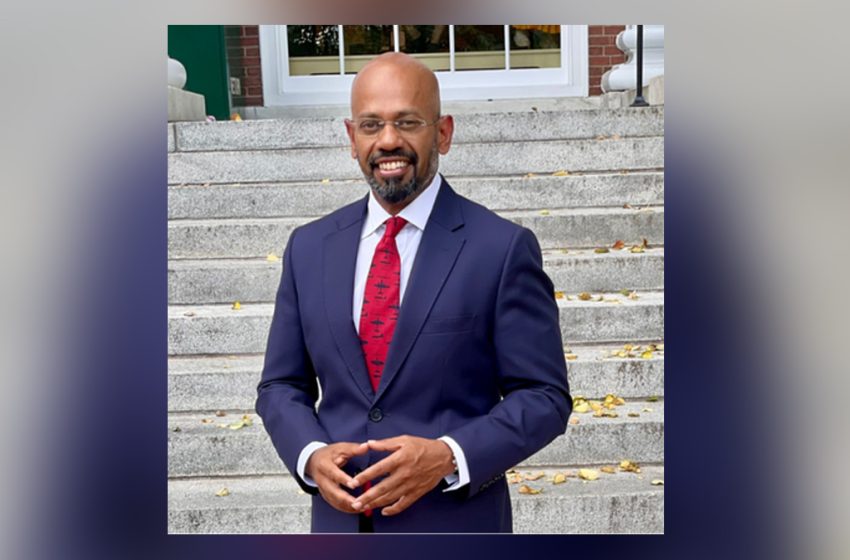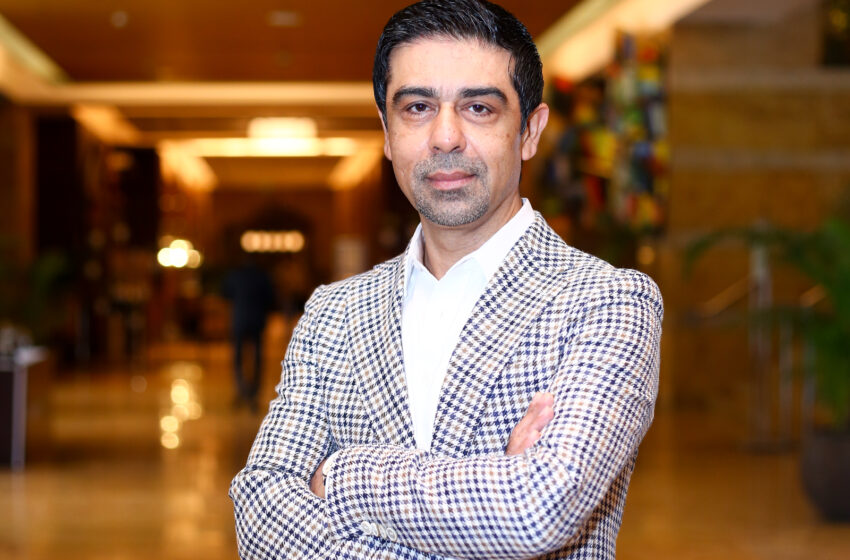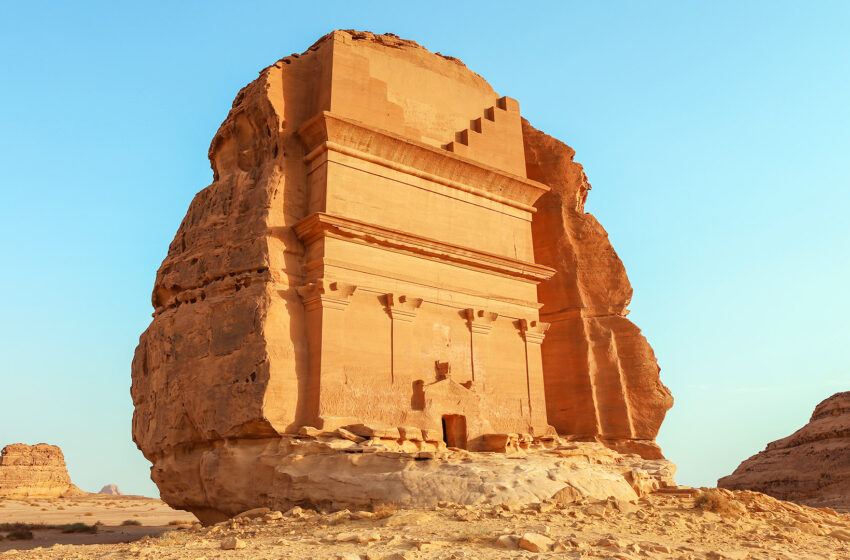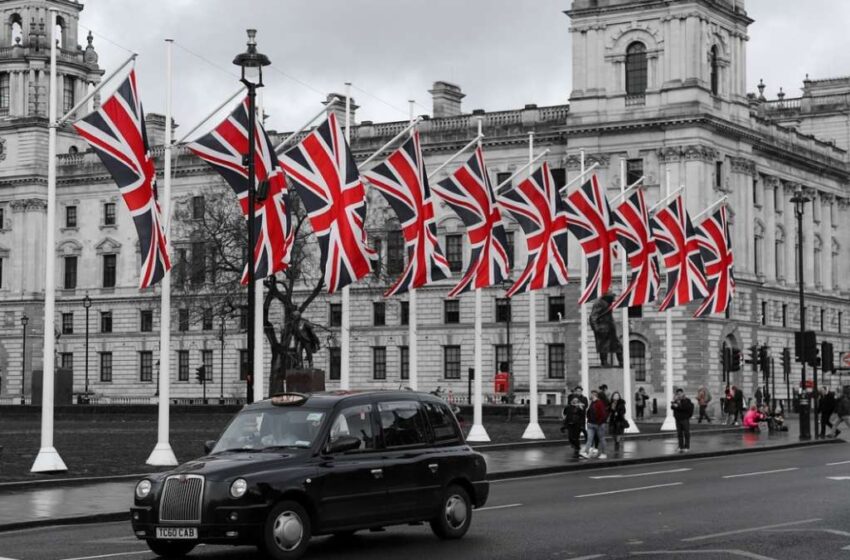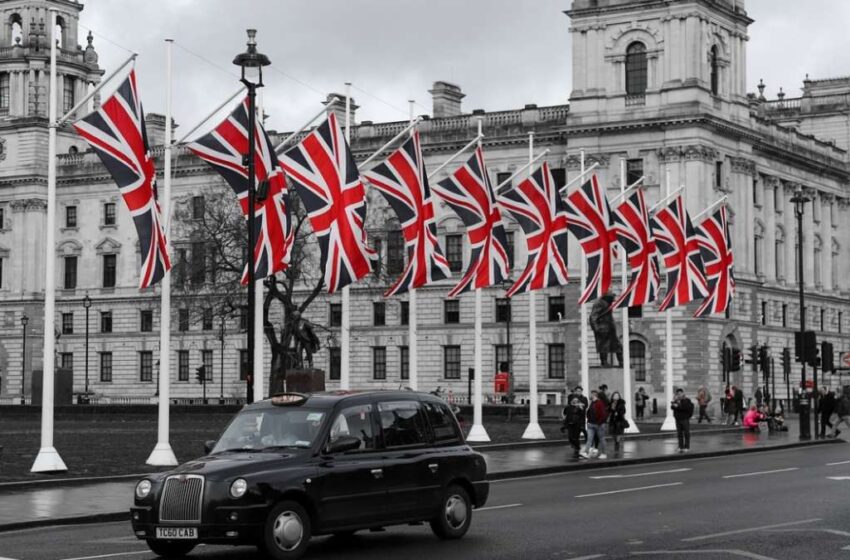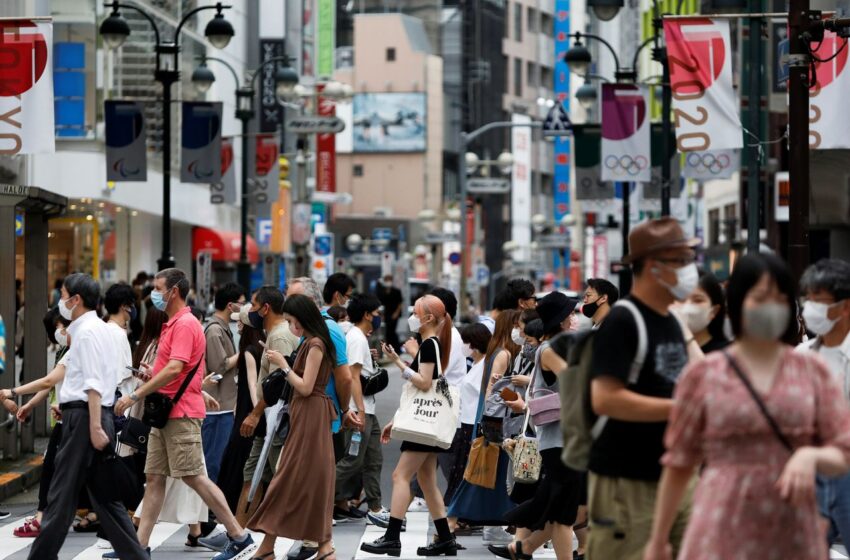The ancient oasis city in the northwest of Saudi Arabia, is set to embark on an exciting journey with the milestone launch of its inaugural global brand campaign, Forever Revitalising.
This campaign encapsulates the essence of AlUla, presenting a refreshing and authentic perspective crafted to captivate travellers worldwide. With the ambition to be more than a traditional destination marketing campaign, the data-driven endeavour debuts across nine core global source markets in six languages, and will be integrated across multiple channels.
Signature events targeting travel trade and media partners in five major international cities -: Dubai, London, New York, Paris, Shanghai, and Mumbai, kicked start the campaign and to tell a captivating story.
Phillip Jones, Chief Tourism Officer at Royal Commission for AlUla (RCU), added, “In just a few years, AlUla has established itself as a destination on the global traveller’s wish list. However, Forever Revitalising marks the next chapter in this ever-evolving journey. Through this campaign, we can open up the dialogue even further on a global stage and communicate the full depth of AlUla’s appeal, attributes and ambition. The best is yet to come, and we extend an open invitation for all to be part of this extraordinary journey.”
Melanie de Souza, Executive Director, Destination Marketing at RCU, commented, “Forever Revitalising is not only about driving global awareness of a destination that till recently was relatively unknown to most travellers, but it is also about communicating the breadth and depth of the programmes and initiatives designed to create a better future for all those who live, work and visit our ancient oasis.”
“We hope that the film and creative assets do justice to a truly unique destination, capturing the essence of AlUla across our rich heritage, vibrant arts and culture, breath-taking natural beauty, thrilling adventures, and rejuvenating wellness experiences. This campaign we hope will not only resonate with travellers but also support and engage our travel partners who are critical to curating the unparalleled experiences of our evolving tourism landscape.”
With an emphasis on renewal and transformation, Forever Revitalising aligns with AlUla’s vision of becoming a destination that is not only historically rich but eternally relevant. With this global campaign, AlUla presents a revitalised cultural promise, inviting discerning tourists and partners to emotionally engage and be vested in its unique and evolving narrative.
Forever Revitalising encapsulates and delivers precisely what today’s globetrotters seek: authentic and meaningful experiences, and an acknowledgment that niche is the new travel norm, alongside the growing trend of eco-friendly and culturally-conscious travel choices.
This approach is firmly anchored in the AlUla Sustainability Charter, which exemplifies the destination’s commitment to integrating economic prosperity with the preservation of its natural and cultural heritage. This is best demonstrated by a development approach that centres on the well-being and interests of the people of AlUla. As the city evolves as a destination, it does so in a manner that is both sustainable and enriching for its residents, with goals to create 38,000 new jobs, contribute SAR 120 billion (USD 32 billion) to the Kingdom’s GDP, and increase the population to 130,000 by 2035.
Renowned French cinematographer Bruno Aveillan’s captivating film, Forever Revitalising takes the form of a two-minute thirty-second hero film, adding a cinematic touch like no other. Following his exceptional work on AlUla’s domestic brand campaign film in 2021, Bruno returns to the city with a fresh perspective, aiming to provide viewers with an emotive masterpiece that meticulously highlights AlUla’s essence and its promise across its core destination pillars: history & heritage, arts & culture, nature, adventure, and wellness.
This film, available in various lengths and offered in multiple languages, serves as the vehicle that introduces Forever Revitalising to the global audience. It goes beyond mere visual storytelling and destination marketing, conjuring an emotional response from its audience while capturing the elusive essence of AlUla.
Bruno Aveillan commented, “Every corner of AlUla is a wellspring of inspiration, and this essence is vividly captured in the hero film of the Forever Revitalising’ campaign. It’s infused with the enduring spirit of creativity and passion that courses through AlUla and its people, reflecting a legacy passed down from generation to generation. This legacy promises to continue thriving in the forthcoming chapters of AlUla’s journey. Crafting this film was an enriching experience, not only because it allowed me to witness some of the world’s most breath-taking landmarks and locations, but also because it offered me a vast canvas to explore the depths of my own creativity—a profound and enduring gift that AlUla bestows upon everyone who walks upon her historic sands and experiences the sheltered embrace of her oasis.”
The campaign also includes a collection of Brand Pillar Films, offering shorter yet captivating destination-focused videos that showcase the rich tapestry of experiences that AlUla has to offer. These Pillar Films, available in 12 different edits, each lasting six seconds and presented in various languages, cast a spotlight on iconic AlUla destinations such as Hegra, Jabal Ikmah, AlUla Oasis, AlUla Old Town, Sharaan Nature Reserve, and Elephant Rock, and a variety of attractions including balloon adventures, luxury hospitality, local artistry and craftsmanship, and the vibrant food and beverage scene.
Forever Revitalising also marks the first steps towards an integrated and connected omnichannel digital approach and experience for an enhanced customer journey. A digital transformation for AlUla features a new state-of-the-art e-commerce website, mobile app and a social first strategy.
